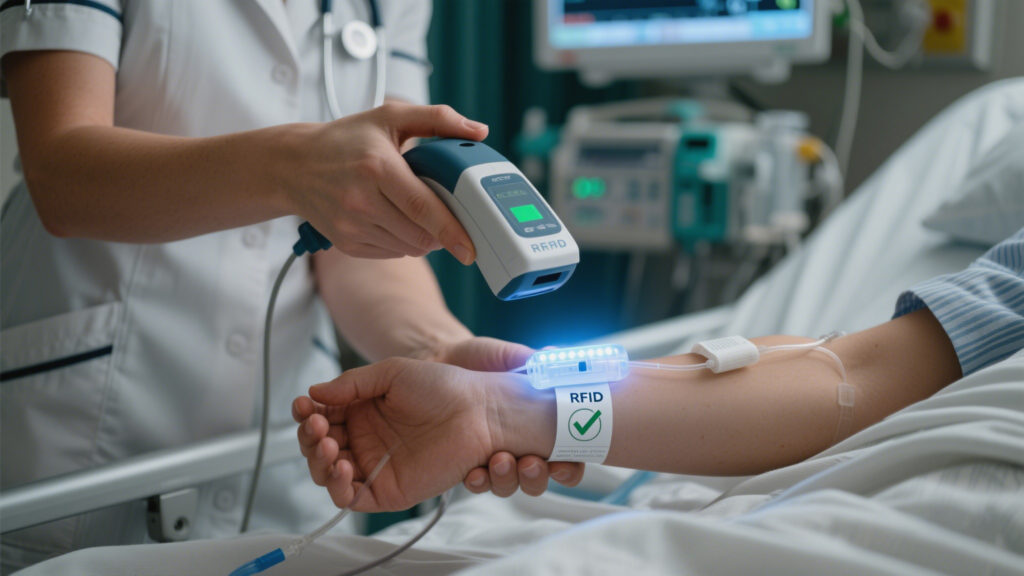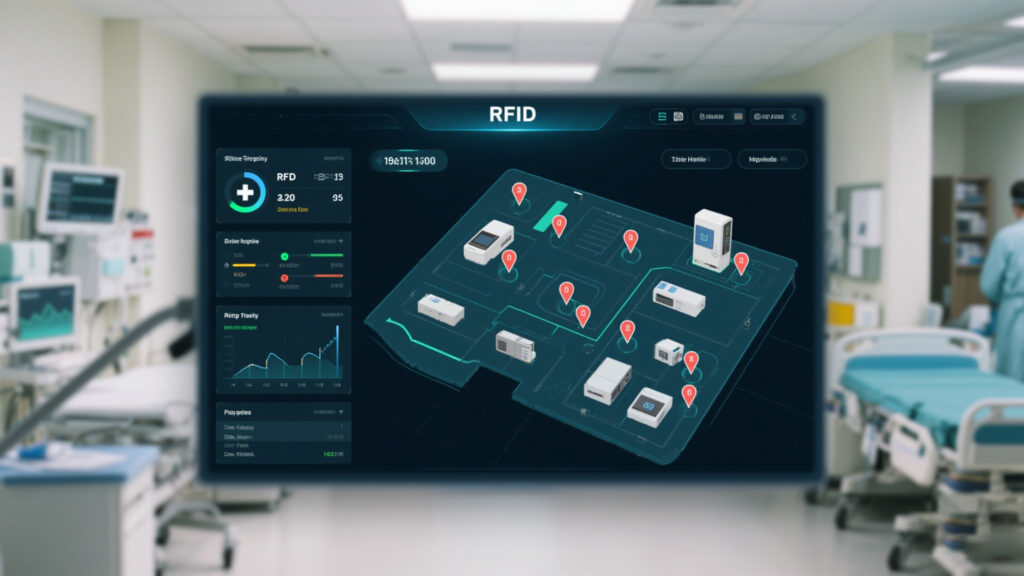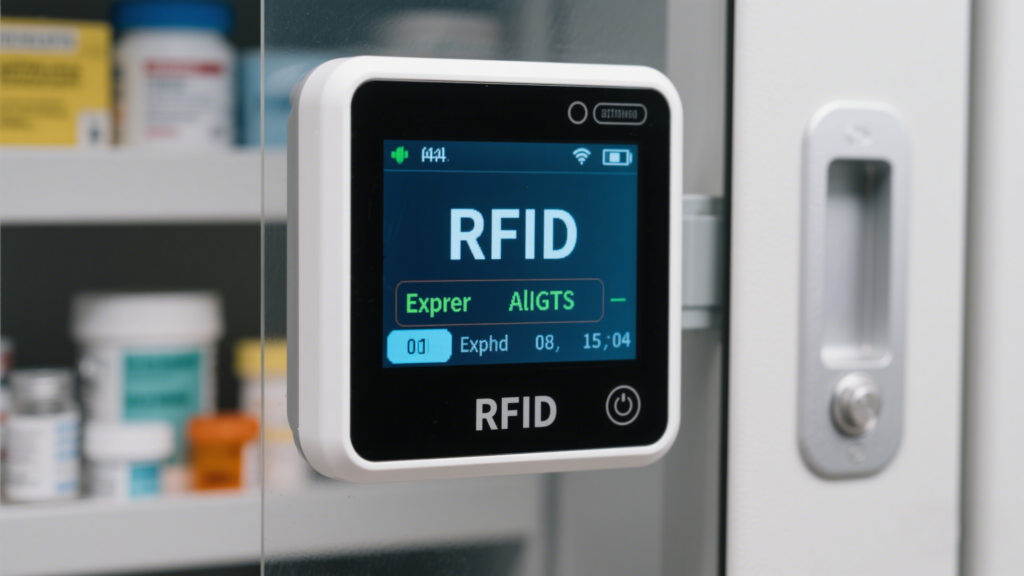RFID Integration with SAP: Brutal Truths from Implementation War Stories
754RFID integration with SAP uncovered: Learn why 60% of projects overrun budgets. See real timelines, SAP transaction fixes, and how Cykeo clients avoid IDoc hell.
MoreAll RFID Product
In busy hospitals, a missing defibrillator can mean the difference between life and death. Meanwhile, medication errors contribute to over 7,000 preventable deaths annually in the U.S. alone. RFID technology is emerging as a critical ally for healthcare providers, tackling these challenges with precision and automation. Here’s how it’s transforming patient care and operational efficiency.

1. Medical Equipment Tracking: Ending the “Where’s the Pump?” Crisis
Hospitals waste 15–20 minutes per shift searching for equipment like infusion pumps or wheelchairs. RFID tags attached to these items enable:
Case Study: A 300-bed hospital in Texas reduced equipment search time by 74% using RFID, saving $420,000 annually in staff hours.
2. Patient Safety: From Wristbands to Smart Beds

3. Medication Management: Precision in Every Pill
Cykeo offers a HIPAA-compliant RFID system tailored for medical environments. Their handheld UHF RFID scanner is disinfection-friendly, surviving repeated exposure to ethanol wipes. It integrates with major EHR platforms like Epic, auto-updating equipment statuses in patient records.
A Midwest clinic using Cykeo’s system reduced medication retrieval errors by 82% in ER settings.
While RFID implementation costs vary, typical hospital investments include:

ROI Drivers:
RFID integration with SAP uncovered: Learn why 60% of projects overrun budgets. See real timelines, SAP transaction fixes, and how Cykeo clients avoid IDoc hell.
MoreUnsure about how to choose an RFID antenna? Our practical 5-step guide cuts through the complexity, helping you match the right antenna to your specific project needs.
MoreA hands-on guide to RFID antenna design covering frequency selection, impedance matching, substrate choice, and tuning. Includes real-world pitfalls, on-site testing tips, and lessons from field deployment.
MoreDiscover why RFID readers outperform barcodes in speed, accuracy, and scalability. Learn how Cykeo’s RFID solutions can transform your business operations.
More